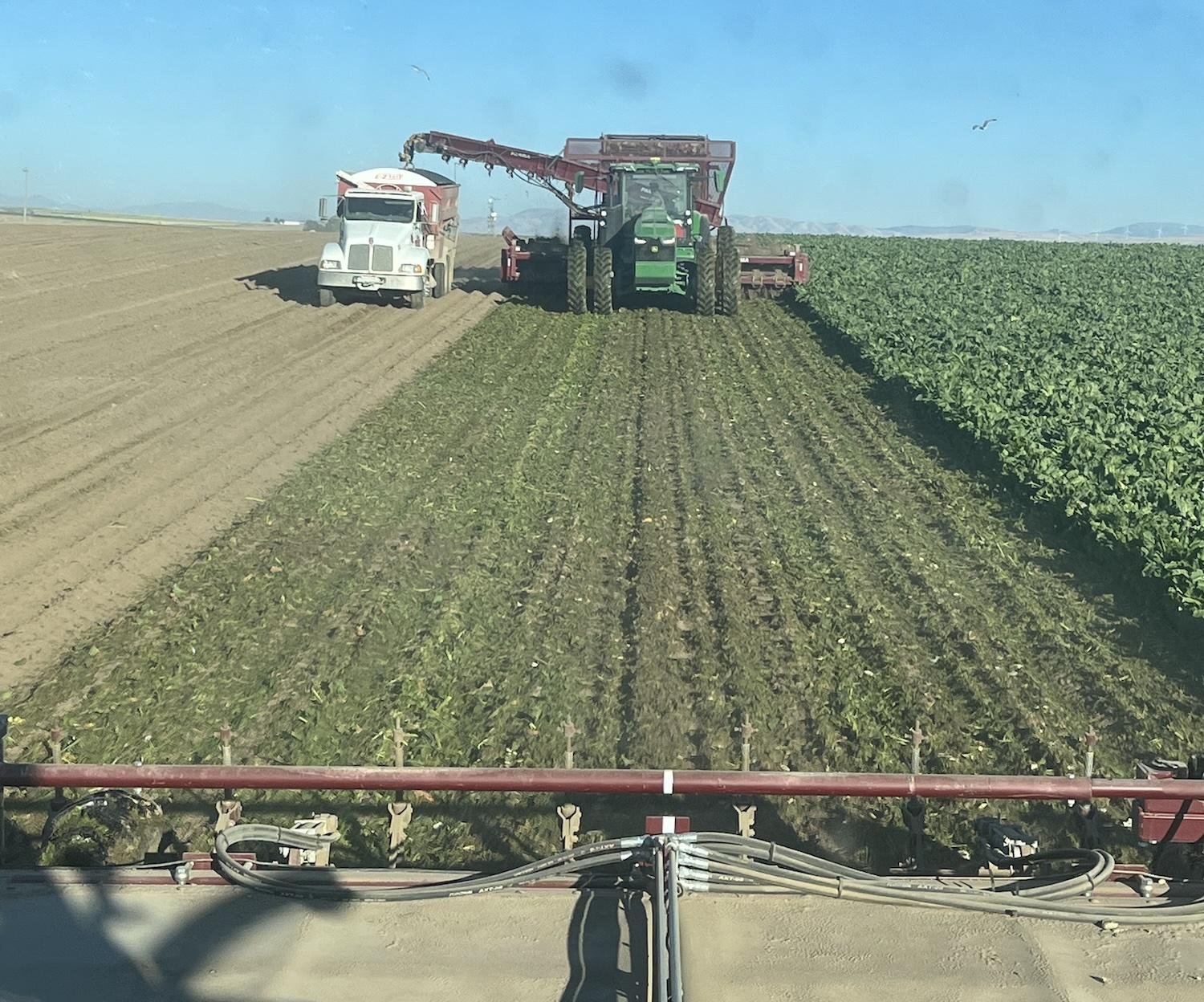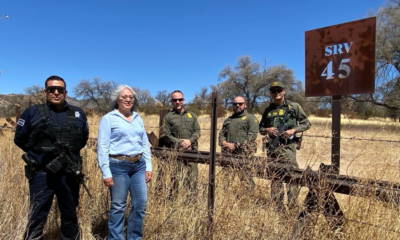family
USDA Shuts Down Vital Program Supporting Tribes with Access to Healthy Foods

U.S. Health and Human Services Secretary Robert F. Kennedy Jr. has issued stark warnings regarding the health impacts of processed foods, particularly on Native American communities. During a recent visit to a Native American health clinic in Arizona, he stated that these foods have “mass poisoned” tribal populations.
In a poignant testimony before the House Appropriations Committee, Kennedy categorized the consumption of processed foods as contributing to a “genocide” among Native Americans, who often reside in food deserts with limited access to grocery stores. He emphasized that improving access to high-quality, traditional foods is crucial for combatting the chronic health issues prevalent in these communities.
Despite these concerns, the U.S. Department of Agriculture (USDA) has recently terminated the Local Food Purchase Assistance Cooperative Agreement program, which had been instrumental in providing fresh, locally produced foods to tribal food banks. This initiative, launched under President Biden in late 2021, aimed to address food access challenges exacerbated by the pandemic and supported over 90 tribal food banks across the nation.
In her defense of the funding cuts, Agriculture Secretary Brooke Rollins described the program as outdated, labeling it a remnant of the COVID era. The USDA, however, claims to continue distributing substantial funds through other nutrition programs, including the Food Distribution Program on Indian Reservations for low-income families.
Originally established in the 1970s, the Food Distribution Program primarily provided processed foods. Over time, more nutritious options were added, yet tribes remain limited in their ability to purchase directly from local farmers, a benefit that the now-canceled program offered. Kelli Case, an attorney at the Indigenous Food and Agriculture Initiative, criticized the cuts, noting that they hindered tribes’ ability to select foods that meet their unique dietary needs.
The USDA program successfully addressed long-standing issues related to food access. Tribal leaders have noted that the program’s termination further exacerbates struggles stemming from federal policies and historical injustices, which have restricted access to traditional food sources.
On the Rocky Boy’s Indian Reservation in Montana, community leader Jason Belcourt expressed concern over the impending loss of funding that had facilitated local food purchases. The tribe relied on $400,000 in funding to source fresh beef and produce from nearby farmers, benefiting about 250 households in an area where the nearest supermarket is 20 miles away. Belcourt highlighted the necessity of continued support to ensure no family goes without meals.
Similar sentiments echoed throughout various tribes, including the Walker River Paiute in Nevada, who utilized previous grants to source local produce and eggs. In response to the program cuts, a coalition of nonprofits advocating for Native Americans recently urged USDA Secretary Rollins to reinstate the program, emphasizing the importance of tribal sovereignty in food resource decisions.
While existing federal food programs remain available, many still impose barriers to adequate food access. A recent Government Accountability Office report indicated that individuals using the commodity program cannot also receive food stamp assistance, which can leave households vulnerable to food insecurity.
Communities like the Fort Belknap Reservation have relied heavily on the now-defunct local food program. Social worker Tescha Hawley has warned that without new funding, many families may struggle with rising food costs and limited access to grocery stores up to 45 miles away.
As tribal leaders and advocates continue to seek alternative funding sources, uncertainty looms over the future of local food programs essential for preserving cultural identity and ensuring nutritional needs are met. Without timely support, many Native Americans face a challenging horizon in their quest for healthy, accessible food.


















